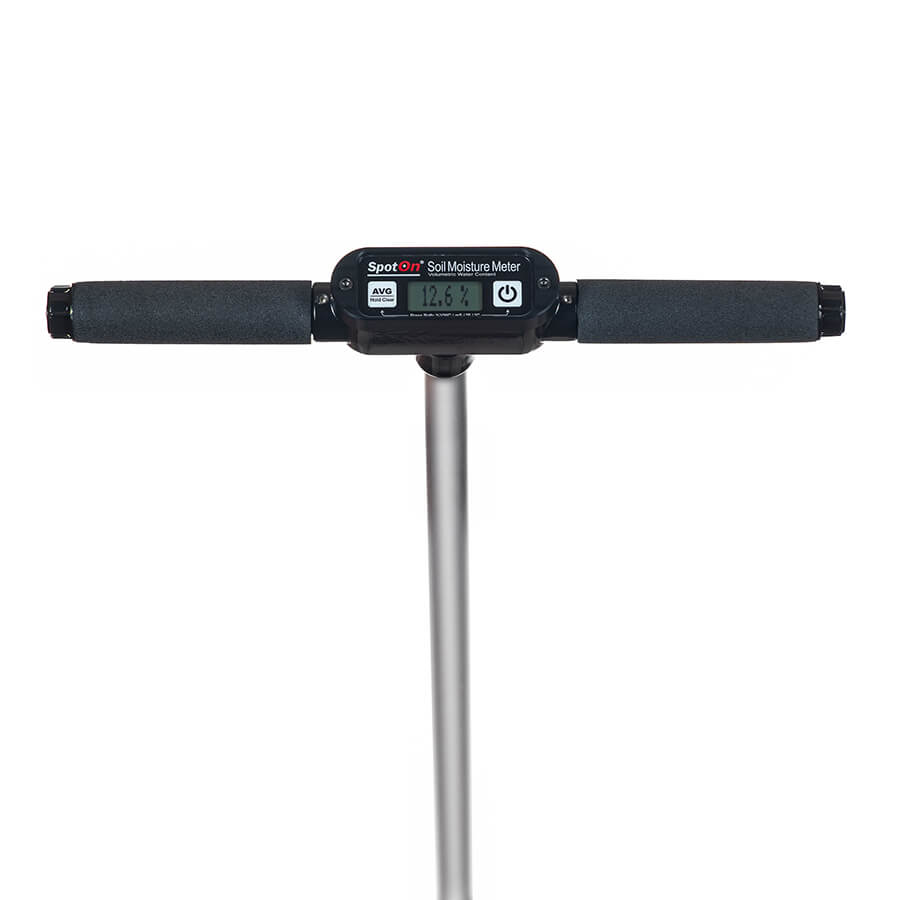The Ultimate Guide to Dampness Meters: A Comprehensive Introduction and Just How They Can Save You Cash
In the realm of structure maintenance, building and construction, and various industries, the relevance of properly gauging moisture degrees can not be overstated. Dampness meters act as crucial tools in finding and keeping track of moisture web content in materials, assisting in avoiding pricey problems and making certain the top quality of products. Comprehending the subtleties of different sorts of dampness meters, their applications, and the prospective cost-saving benefits they supply can be a game-changer for specialists and services alike. Finding exactly how these tools can not only streamline procedures but additionally add to monetary savings is a journey worth starting.
Sorts Of Wetness Meters
One typical kind is the pin-type wetness meter, which measures the electrical resistance in between two pins inserted into a material. Pinless dampness meters, on the other hand, usage electromagnetic sensing unit plates to check a bigger location without causing damage to the product's surface.

In addition, there are also specialty moisture meters made for particular products like dirt, hay, or grain. These meters provide precise moisture readings tailored to the unique buildings of the product being checked. Infrared wetness meters measure the thermal residential properties of a product to determine its moisture web content non-invasively, making them valuable for applications where pin or pinless meters may not be appropriate. Comprehending the various types of wetness meters offered can help industries choose one of the most proper tool for their specific moisture dimension requirements.

Advantages of Using Dampness Meters
Wetness meters provide vital benefits in properly assessing and keeping an eye on dampness levels in diverse materials and atmospheres (Moisture Meter). Among the key benefits of making use of wetness meters is the prevention of possible damage created by excess wetness. By identifying and addressing high wetness levels beforehand, moisture meters aid to stop mold growth, rot, and architectural damage in buildings, saving both money and time on fixings. Furthermore, dampness meters help in guaranteeing the top quality of products throughout building or manufacturing processes. By properly measuring dampness web content, these devices assist preserve the honesty of timber, drywall, concrete, and other materials, reducing the risk of issues or failures.
Additionally, using dampness meters can bring about boosted energy efficiency. By recognizing areas with high wetness levels, such as leaks or inadequate insulation, changes can be made to enhance power preservation and lower utility expenses. In farming settings, dampness meters play an essential duty in enhancing crop yields by enabling farmers to keep an eye on soil moisture levels and make notified watering choices. Generally, the advantages of utilizing wetness meters extend across top article various sectors, offering cost-effective solutions and promoting much better high quality control practices.
How to Pick the Right Moisture Meter
When picking a dampness meter, it's crucial to guarantee that the meter is appropriate for the certain product you will certainly be screening. Different products have varying electric buildings that can affect wetness analyses, so selecting a meter created for your product is essential for precise outcomes. By carefully examining these elements, you can pick a wetness meter that satisfies your demands and gives exact wetness dimensions for your tasks.
Appropriate Techniques for Moisture Meter Use

Cost Cost Savings With Moisture Meter Applications
Exactly how can the tactical application of moisture meters lead to significant price savings throughout various sectors? In the agriculture market, dampness meters aid in figuring out the ideal time for collecting crops, stopping excess or over-drying wetness that can affect the final item's quality.
Likewise, in construction, moisture meters assist stop pricey problems by spotting dampness degrees in building materials, such as wood or concrete, which can result over here in structural problems if not resolved promptly. By recognizing trouble locations early on, specialists can take corrective actions to avoid substantial repair work or replacements, inevitably saving time and cash.
Moreover, in the food handling industry, moisture meters are important for keeping track of item quality and making sure compliance with security policies. By precisely gauging wetness material in food products, manufacturers can protect against perishing, preserve freshness, and reduce waste, causing substantial expense financial savings. On the whole, the strategic application of dampness meters is an important financial investment that can bring about considerable expense decreases and boosted performance across various industries.
Final Thought
In verdict, moisture meters are important tools for gauging and identifying dampness levels in different products. By making use of the best wetness meter and adhering to appropriate strategies, individuals can properly protect against costly problems caused by excess wetness.
Moisture meters offer as indispensable devices in detecting and keeping track of moisture web content in products, assisting in protecting against expensive problems and making certain the high quality of items. Infrared wetness meters gauge the thermal buildings of a product to determine its wetness material non-invasively, making them useful for applications where pin or pinless meters may not be appropriate.Moisture meters supply very useful benefits in accurately evaluating and keeping track of dampness degrees in diverse materials and environments. In agricultural settings, moisture meters play a crucial role in maximizing crop yields by making it possible for farmers to check dirt dampness degrees and make educated watering choices.In verdict, dampness meters are useful tools for finding and measuring moisture degrees in various products.